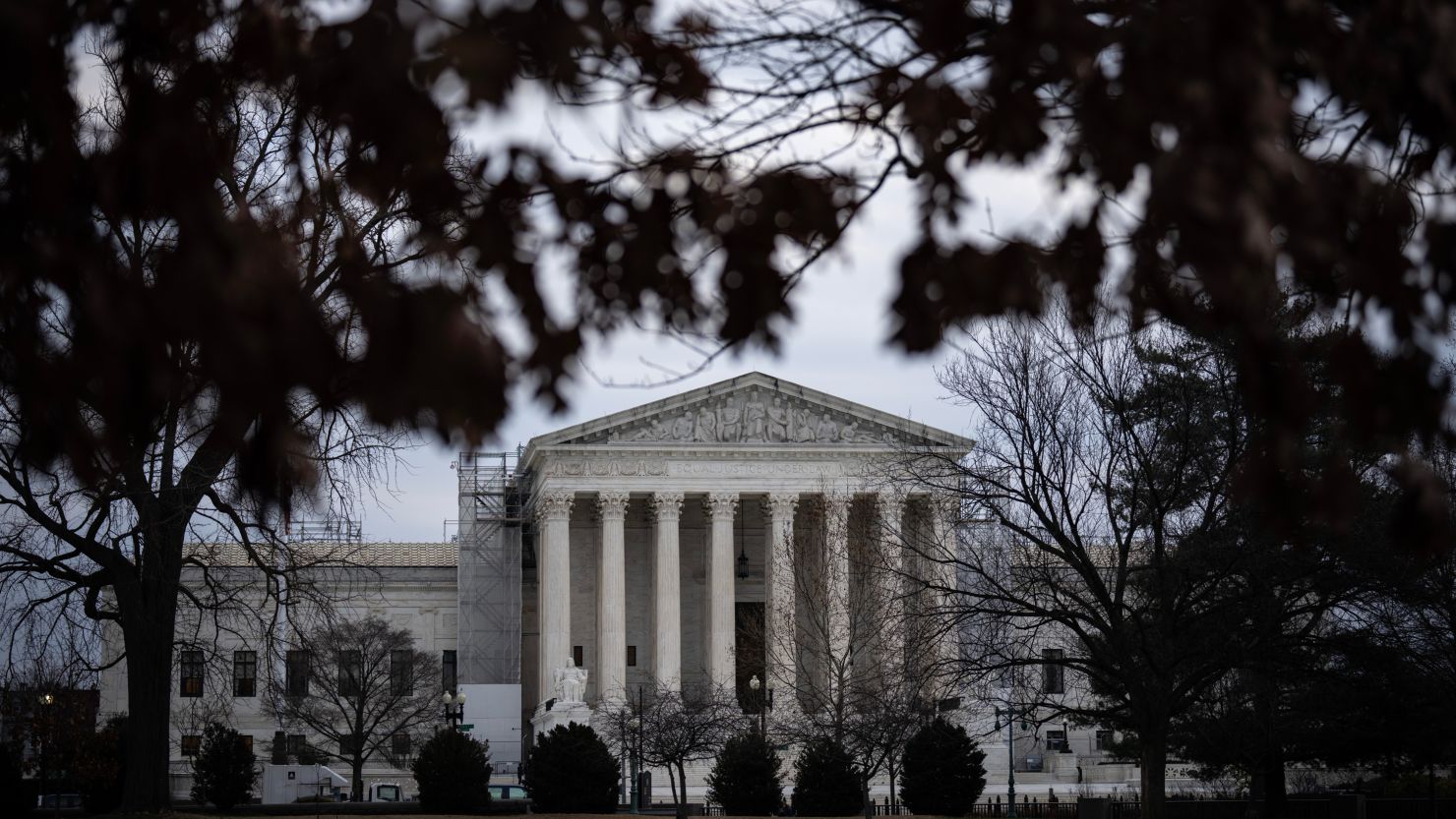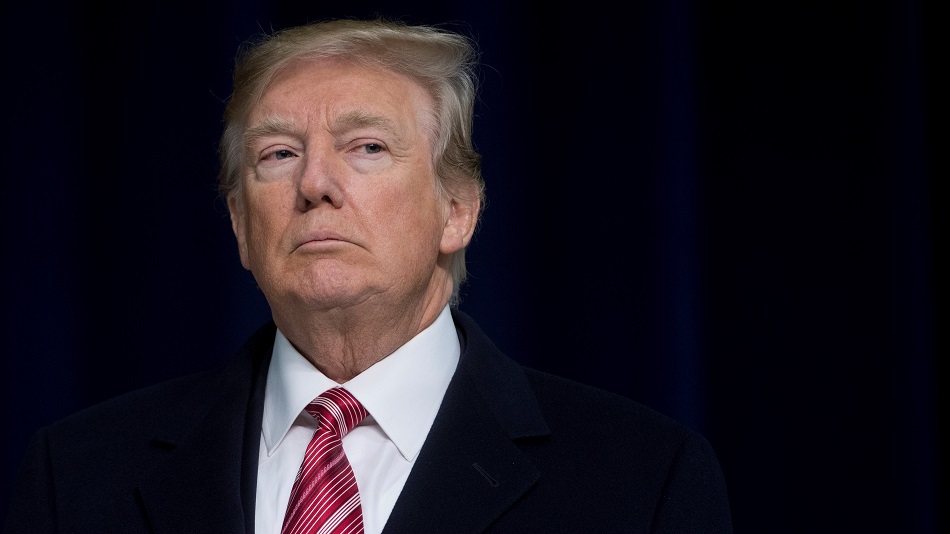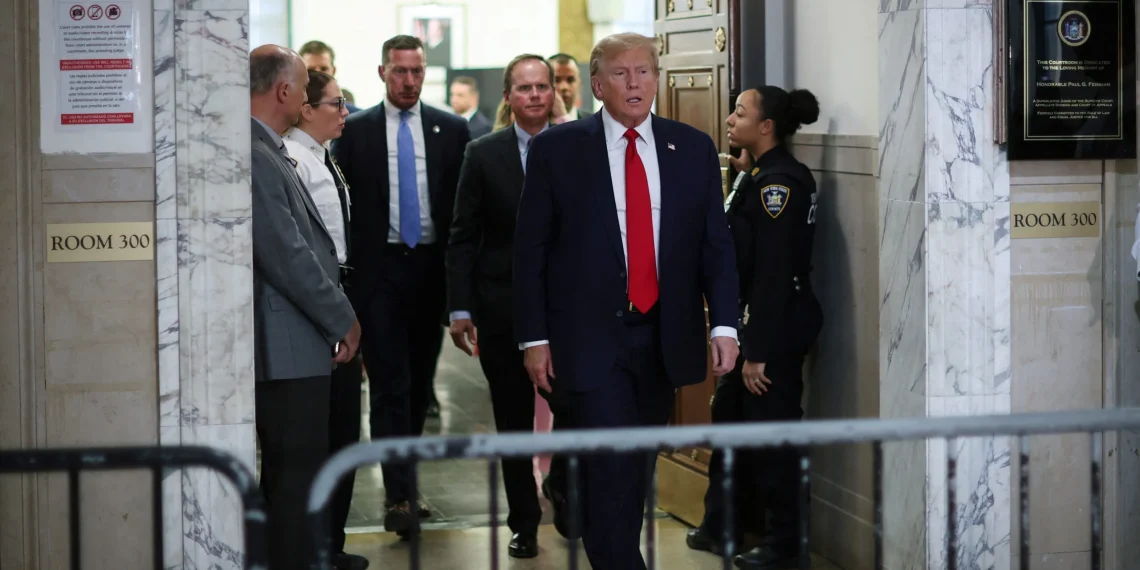The U.S. Supreme Court faces a significant test regarding the extent of presidential power as it hears arguments on Donald Trump‘s request for immunity from prosecution related to his attempts to overturn the 2020 election results.
Trump’s appeal follows lower court rejections of his bid to avoid criminal charges, arguing that as president, he was protected from indictment for actions taken during his term. This case marks the first instance of a former U.S. president facing criminal prosecution.

Despite pleading not guilty, Trump faces multiple criminal charges, including those related to hush money paid to a porn star before the 2016 election.
Trump won’t be present at the Supreme Court proceedings as he’s attending a trial in New York. The court’s conservative majority, including three justices appointed by Trump, is expected to play a significant role in the decision.
Earlier this year, the court ruled in Trump’s favor, overturning a decision that prevented him from appearing on Colorado’s ballot due to his alleged involvement in the January 6, 2021, Capitol attack.
This case underscores the court’s significant role in presidential elections since the Bush v. Gore decision in 2000.
Trump’s efforts to reverse his 2020 election defeat involved false claims of voter fraud, inspiring the Capitol attack and orchestrating plans to use fake electors to obstruct Biden’s certification.
The indictment against Trump in August 2023 accused him of obstructing official proceedings and conspiring to defraud the United States.
Trump’s legal team argues for “absolute immunity” from prosecution for presidential actions to prevent future political misuse of criminal charges.

However, prosecutors contend that no one, including a former president, should be exempt from accountability under the law.
The Supreme Court’s ruling, expected by the end of June, could have implications for Trump’s legal battles and the scope of presidential immunity in future cases.
Depending on the outcome, Trump’s trial may proceed before the 2024 election, potentially influencing its outcome or future legal proceedings.


















